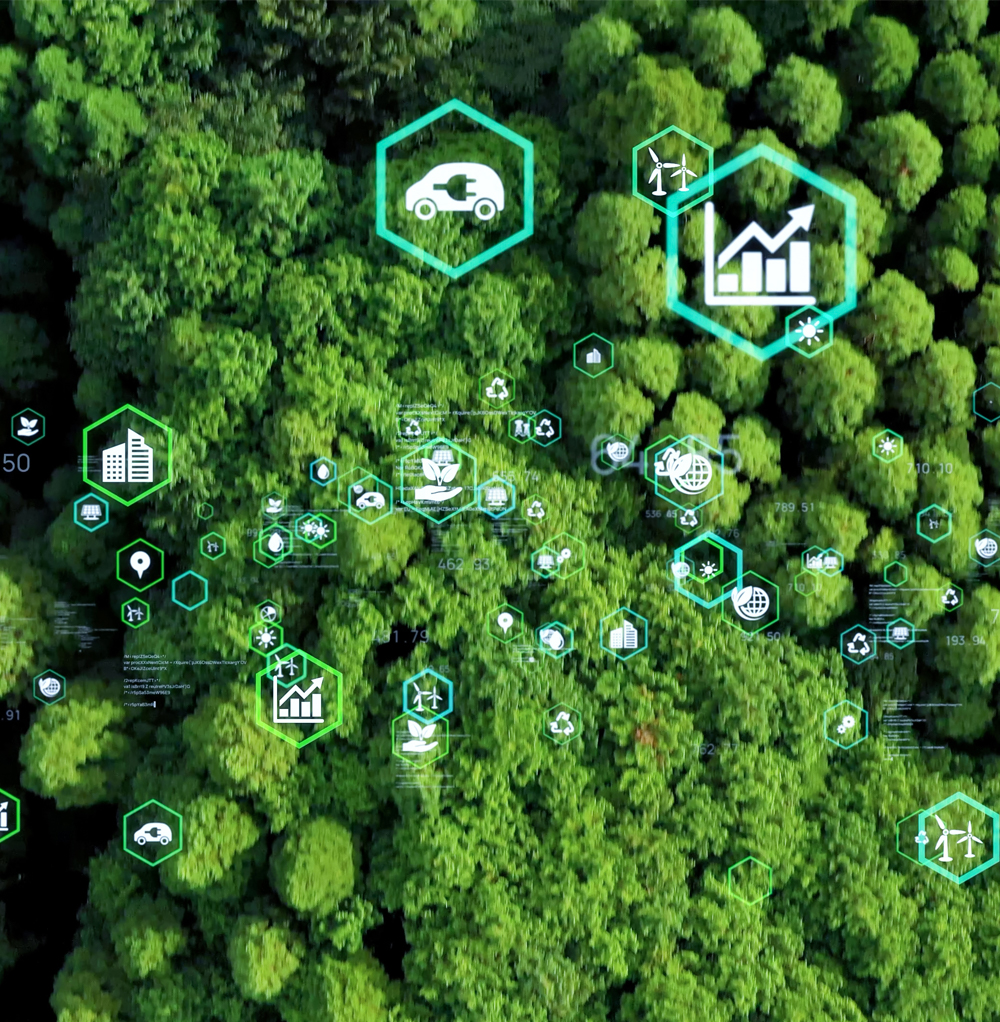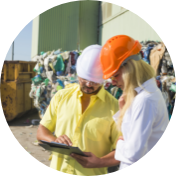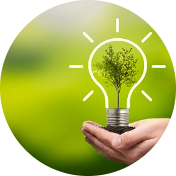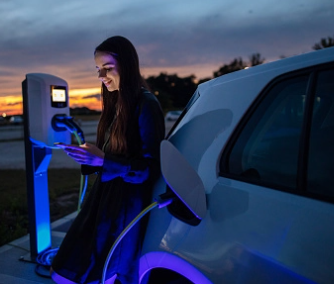Increasingly, circular economy principals are being used to address issues related to waste.
This means that municipalities and communities everywhere are now focusing on ways to ensure that as much waste as possible is reused in the creation of another process: either a new by-product or resource recovered for another industrial process, or resources that regenerate nature (e.g. organics/compost). This regenerative approach contrasts with the traditional linear economy, which has a ‘take, produce, and dispose’ production model. In a circular economy context, EWC seeks to provide the information, training, tools and support to assist communities in identifying opportunities for waste and organics diversion and their re-use and how to capitalize on those opportunities, using waste characterization methodology as a starting point.
Municipal Waste Characterization Studies
EWC has been involved in developing and managing waste characterization studies for various municipalities in the Prairies that have the potential of leading to the creation of circular economies at the local level. Our approach enables our client municipalities to gain a clear understanding of their current waste characteristics, waste management gaps within their communities and waste management programs as well as identify suitable technologies to best manage regional waste. The data and knowledge gained provides the municipalities with the ability to make intelligent decisions on the path forward for managing waste.
Organics Diversion
Organic waste is a costly component of the waste stream in Manitoba and throughout the world, accounting for up to 60% of the waste stream. Because of the diverse array of this waste streams (food, yard and commercial waste) it is important that municipalities find and implement sustainable organic waste management strategies. As a trusted independent advisor to local governments, the Eco-West Canada team is well positioned to assist municipalities to undertake organic waste diversion initiatives by providing access to reliable business case information and developing a roadmap for how best to undertake the implementation of organic waste diversion initiatives in their own communities
Waste to Value-Added
EWC is currently working with several partners from the municipal and private sectors to evaluate the potential of treating municipal waste using custom designed modular gasification and organics conversion systems that will have the added benefit of creating renewable energy, while reducing the amount of waste going to landfill. Zero waste systems provide a process of gasification that results in a highly efficient means of disposal of nearly 100 percent of municipal, industrial, medical and agricultural solid wastes. All that remains after this process has been completed is a small amount of aluminum, other metals, glass, and a fine, inert (non-toxic) ash. Some of the systems are modular, which means that processing sites require minimum preparation and so the system provides a cost-effective method of disposing of all combustible landfill waste.
“EWC seeks to provide the information, training, tools and support to assist communities in identifying opportunities for waste and organics diversion and their re-use and how to capitalize on those opportunities…”
Projects
Lorem ipsum dolor sit amet, consectetur ang
Lorem ipsum dolor sit amet, consectetur adipiscing elit. Ut nulla justo, imperdiet vel lorem vel, dictum tincidunt magna. Vivamus sit amet tellus nec neque vestibulum dictum. Fusce lacinia urna commodo, egestas augue sit amet, cursus orci. Duis vel lacinia nunc. […]












